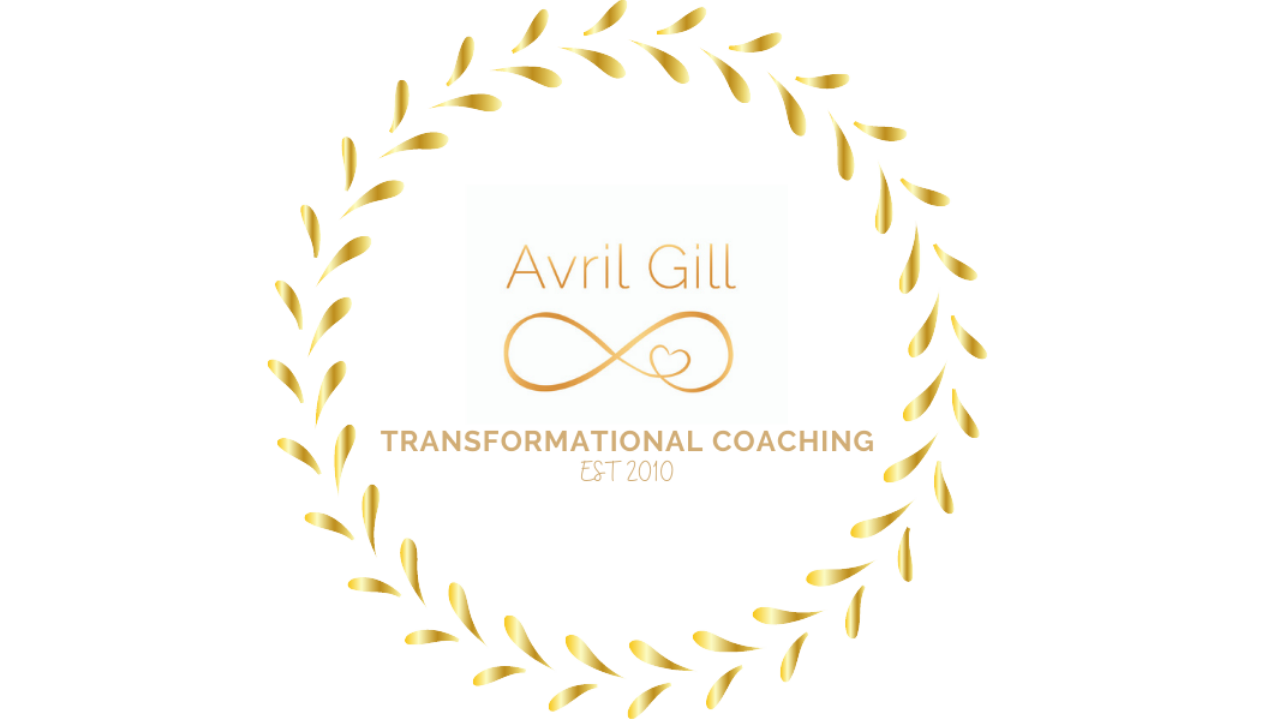|
How to Spot Symptoms of Post Traumatic Stress and How Hypnotherapy Helps Hypnotherapy is a really powerful therapeutic approach that can help to treat the symptoms of Post Traumatic Stress, resulting in long term healing for a person who has experienced a traumatic event. Post traumatic stress can happen as result of any traumatic experience in life, it’s said that by the time a person reaches mid life most people will have experienced at least one traumatic event in their lifetime. A traumatic experience can be anything from witnessing a natural disaster, experiencing military combat; one off physical violence or sexual violence attacks, losing a loved one to experiencing physical or sexual violence in childhood (this list is not exhaustive). Below is an overview of some of the symptoms and how hypnotherapy can help. Exposure To A Traumatic Event When a person experiences a traumatic event or a prolonged series of traumatic events the trauma changes how the person experiences the world around them. Our parasympathetic nervous system is designed to help us respond to a threat or attack by engaging either, a fight, flight, or freeze response. When trauma imprints on the brain it is done in such a way that a person who has experienced the event continues to live through the trauma as if it is happening in the present moment. In other words they are wired into the fight, flight or freeze response How can hypnotherapy help? Hypnotherapy cannot erase the memory of any traumatic event, however it can help to reduce the effects of the event thus allowing a person who has experienced the traumatic event to process the memory releasing any painful emotions so that the experience can be released and transformed. Trauma impacts the brain & body in many ways, and by being able to release trauma at a deep unconscious level a person can learn to unwire the fight, flight or freeze response and live in the present moment free of the heightened state of arousal of the parasympathetic nervous system. Flashbacks/Intrusive thoughts Flashbacks, nightmares, distressing memories and responses to triggers that remind the person about the event are some of the most common ways in which Post Traumatic Stress interrupts every day life. Most people who experience these things feel a lack of control and feel as if their life has literally been hijacked by the trauma, they feel they have no sense of their own agency or free will. How can hypnotherapy help? During a hypnotherapy session individuals are taught resources that they can use to get back that sense of control. One of these tools is a “changing pictures tool”, where by the individual is taught how to change the images, thoughts, sounds and feelings of the intrusive flashback. This along with simple anchoring tools helps the individual to take back control in the moment and strengthens their feeling of control over the intrusive thought pattern. Alteration of How One Perceives and Experiences The World Trauma changes how we view the world; it quite literally alters an individuals personality, mood, memory, cognition and perception and as a result can change relationships and life in general. Not only that, trauma affects the way a person perceives him or herself, as well as other people. Often people who have experienced trauma will have thoughts such as “it was my fault” “I deserved it because I’m not a good person” or “The world is a bad place”, “people are bad”, “Never trust people” etc.. How can hypnotherapy help? Hypnotherapy allows access to the deeper part of the mind, the unconscious part where an individual can access important events surrounding their trauma with the careful guidance from a skilled Hypnotherapist. In trance they can begin to change the distorted beliefs that resulted from the trauma event and begin to reclaim what was lost. A negative belief such as “I am a bad person” is then replaced with “I am a good or lovable person” for instance. Avoidance People who experience trauma will understandably do anything to avoid experiencing the feelings associated with their trauma. Often people will consciously to choose to avoid people or places for instance that remind them of the trauma. However people also avoid by either disassociation or numbing the experience itself and this often takes the form of addictive behaviours such as substance abuse or even over or under eating. Avoidance is a natural attempt to protect oneself from the trauma which is rooted in the brain and body, however this creates a fragmented sense of self, therefore avoidance prevents a person from feeling fully engaged with life, often people who have experienced trauma will avoid intimate and loving relationships and will keep themselves distanced from others in order to protect themselves. People will report months or years after the trauma a sense of feeling detached from life, numb or even stuck. How can hypnotherapy help? A key goal of hypnotherapy is to help a person integrate all the many fragmented parts of their self back into the present moment, so that they begin to feel a sense of physical, emotional, mental and spiritual balance and wholeness. Once this has been achieved a new healthy connection can be developed. Hypnotherapy really gives a voice to all the lost parts of the self, the parts that were hidden away and shrouded in negativity in order for the person to survive. A skilled hypnotherapist will use creativity and imagination to help the client work through the past event, but this time, with resources they did not have a the time of the original trauma. When this work is done in trance, it changes the way the memory is stored, and the way it functions in the body and mind, people no longer feel as if they are being held hostage by the past and can learn to engage with life in a healthy and balanced way, as well as go on to have healthy loving relationships with people around them. Arousal of Behaviours Trauma when left untreated results in marked behaviour and functional changes. Trauma that is stuck in the body will inevitably attempt to work its way out and can manifest in chronic shock or physical illnesses, or arousal symptoms such as hypervigilance, anxiety, exaggerated startle, or problems sleeping or concentrating. Reckless or even high-risk behaviour can be another way that arousal manifests in behaviour. How can hypnotherapy help? Trauma is rooted in the body, in the paralysis and the inability to take action that results from the “freeze” response. Arousal symptoms are a reflection of the “stuck” trauma response (fight, flight, freeze), in other words this is the body’s way of attempting to release the trauma. Healing of the trauma cannot be complete without allowing the body to move, therefore a skilled hypnotherapist will help the individual to unfreeze: to usher their emotions and thoughts into conscious awareness, process them and then release them. The wonderful thing about hypnotherapy it uses lots of guided visualisation and techniques that enable a client to relax and begin feeling calm once again, sometimes getting the opportunity to experience this in a safe environment can be extremely beneficai evenironment will allow the client to feel able to express pent up emotions that they have not previously felt able to share. This often results in releasing the "stuck" trauma. If you want to connect with me or work with me, click here! Or come and join me over at my Private Facebook Coaching Group. To your success! Avril P.s Keep an eye out for the launch of my new book and the Transformational Yoga Retreat I will be teaching at in France in April next year!
0 Comments
|
AuthorAvril Gill, Hypnotherapist Transformational Coach & Hypnotherapy Trainer Archives
November 2017
Categories
All
|

 RSS Feed
RSS Feed



